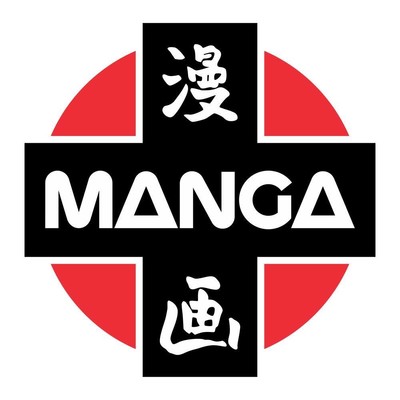Interest
Video: The History of Manga Entertainment
posted on by Andrew Osmond
The fifth episode of The Anime Business, AnimEigo's documentary series of interviews with major figures in the Western anime industry, features a one-hour interview with Andy Frain, the founder of Britain's Manga Entertainment, remembering his time at the company.
Justin Sevakis, the CEO of MediaOCD and AnimEigo (and founder of Anime News Network), has worked on The Anime Business series for the past few years. The previous episodes are also available on AnimEigo's YouTube channel.
Among his comments, Frain remembers how he promoted the flagship title Akira with a life-size model of Tetsuo's motorbike from Akira, which was shipped over from Kodansha in Japan and displayed in the front window of the HMV store of London's Oxford Street. (It was later won in a competition by a 15 year-old boy and a mother who'd wrongly assumed it would fit in her son's bedroom - "You'd need a proper truck to take it back home.")
 Frain also talks about his choice of the Manga Entertainment title, and how the company's famous logo (pictured right) was designed by the art director Bruno Tilly, who'd designed many iconic album sleeves. Frain also highlights how the existing anime fandom in the UK was far too small to sustain the company, so he targeted viewers beyond it, highlighting the "Manga" brand above the individual titles.
Frain also talks about his choice of the Manga Entertainment title, and how the company's famous logo (pictured right) was designed by the art director Bruno Tilly, who'd designed many iconic album sleeves. Frain also highlights how the existing anime fandom in the UK was far too small to sustain the company, so he targeted viewers beyond it, highlighting the "Manga" brand above the individual titles.
He remembers deliberately sending the "most disgusting" Manga titles to the right-wing British Daily Mail newspaper, so that it would run articles denouncing Manga Entertainment and give the company free publicity. "We poked the bear deliberately." He also acknowledges the practice of adding expletives to the English dubs of some titles so that they would receive a higher certification rating from the BBFC - "Just putting a little bit more zip into it."
Later, Frain claims that Manga Entertainment came close to be swallowed by PolyGram around 1994. It was saved by an ingenious plan that involved PolyGram's unsuspecting world chairman being shown a "sample" of Manga's output - which was an especially explicit scene from Legend of the Overfiend.
Frain also talks about how he came to co-produce the original 1995 film of Ghost in the Shell, and how he wanted to have Kusanagi's "diving" scene accompanied by the track "Unfinished Sympathy" by Massive Attack. He also talks of his terror when he came face to face with Buichi Terasawa at a Japanese party, after changing the music for Teraswa's Space Adventure Cobra.